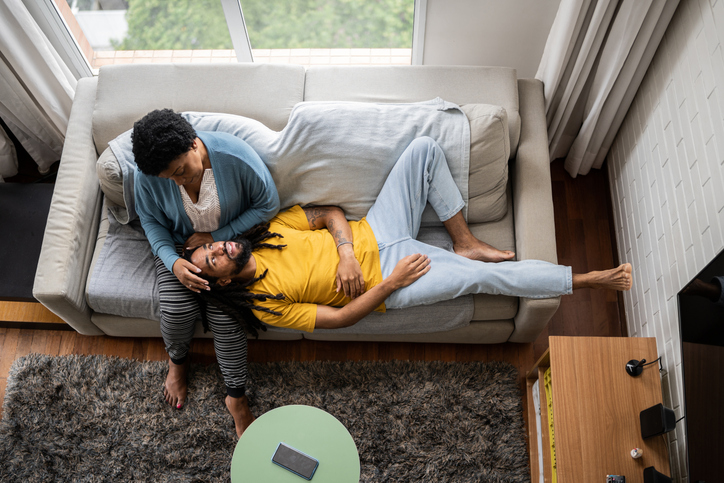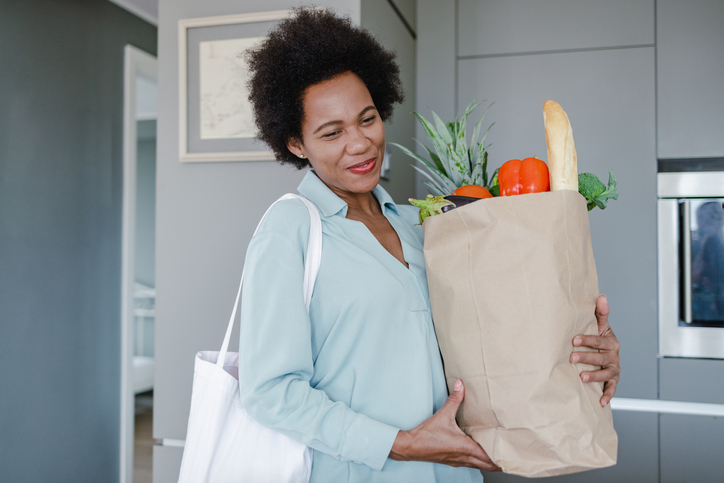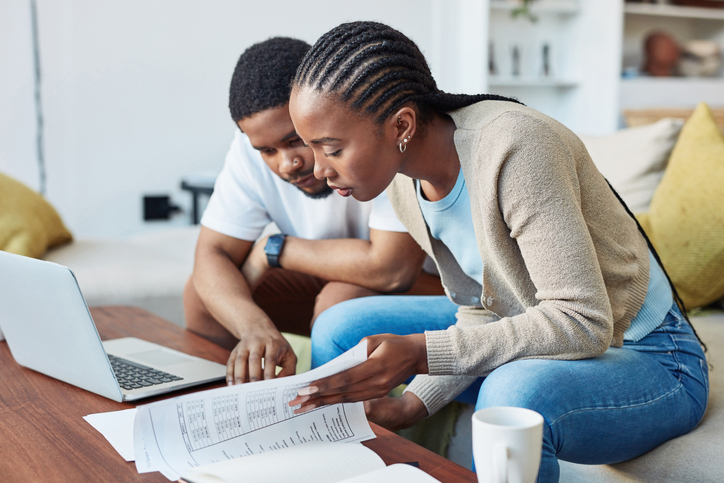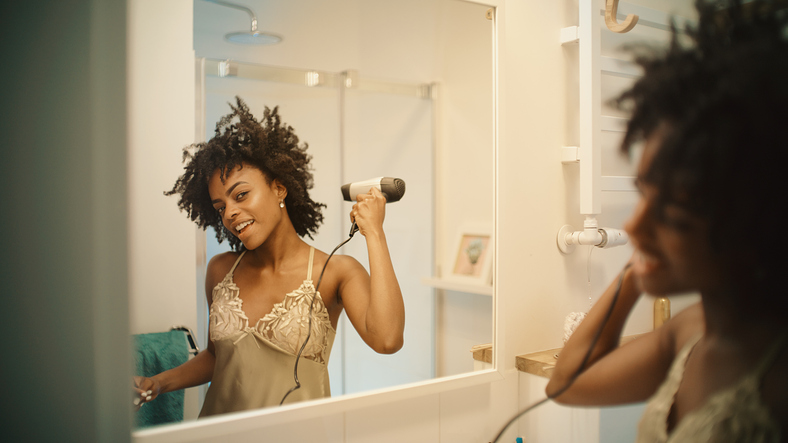
Source: FG Trade / Getty
Hundreds of thousands of public school students in Chicago were dismissed from class Jan. 5, due to rising COVID-19 cases, says GPB. Rio de Janeiro has canceled its famous street parties associated with the Carnival Parade because of rising cases, says The New York Times. USA Today reports that on Jan. 3, America reached a new milestone in new daily cases: one million.
However, you don’t need to know the global news to see what’s happening. It’s happening on your social media threads and in your text messages. Birthday parties, friends’ concerts, book clubs and dinner parties are being canceled in your personal life. It feels like déjà vu. It giving very much mid-March 2020. And while the vaccine has allowed us a bit more liberty than we had in the first lockdown, a second semi-lock down feels like it’s on the horizon. So potentially heading in that direction, here are lessons learned from the first lockdown to help us through a second.
Schedule Regular Outdoor Hangouts

Source: Dimensions / Getty
Everyone remembers the loneliness of the first lockdown. At first, two weeks of doing nothing but baking and binging Netflix felt nice, but then it began to feel like a prison. Humans didn’t realize how much the infrastructure of regular life enabled natural socialization, and how much one’s mental health relied on that socialization. For some, steps weren’t taken to improve the situation until depression already set in. Be proactive. If you’re worried about attending your usual social activities, don’t completely isolate yourself. The CDC reports there is a link between social isolation and many health conditions. Continue to schedule regular safe, outdoor activities with friends like picnics, hikes or even simple backyard hangs.
Don’t Hoard

Source: Maca and Naca / Getty
During the first lockdown, people were hoarding toilet paper and canned goods. Nobody will ever forget going to the store to find entire aisles completely emptied out. Eventually, Americans learned that the supply trucks would keep coming, and there was no need to fight someone over a roll of Charmin. However, now a new hoarding is happening; people are hoarding at-home COVID-19 tests, according to The Atlantic. The every-person-for-themselves mentality behind the hoarding didn’t help anyone during the first lockdown and won’t help anyone now. If a few hoards all of the tests, leaving most without access to testing, the world is not safer.
Avoid Permanent Decisions Over Temporary Issues

Source: fotostorm / Getty
When the world feels unpredictable, it’s easy to go into a panic. It’s easy to make drastic changes in response to a temporary situation. Pew Research reports that a high number of individuals moved out of major cities during the pandemic. A report by Fortune.com shows that one-third of Americans lost or changed jobs during the pandemic. And while a loss of a job is never a choice, changing jobs is. Many Americans made permanent changes in the face of a temporary crisis. Now we’ve seen that the world was able to return to a semblance of normalcy, and many of those changes weren’t necessary. If you plan on making a major change with the belief that the current COVID-19 crisis is permanent, take a beat. Remember that this won’t last forever.
Get In Saving Mode

Source: LumiNola / Getty
While things appear to be getting back to normal, the economy is anything but predictable right now. There are several good reasons to make sure you have a financial cushion. If your job relies on tourism in any way, keep that savings account healthy. McKinsey reports that the COVID-19 impact on New York tourism has been six times that of the September 11 attacks. If you don’t get PTO or sick days, make sure those savings are there – especially if you’re a parent, as McKinsey also reports that parents are more likely to miss days of work due to COVID-19 symptoms or general burnout than non-parents.
Be Mad At The Situation; Not The People

Source: SOPA Images / Getty
This pandemic has caused social fallout. People have gotten in fights and even ended friendships with loved ones over pandemic-related choices. Someone’s choice to host a birthday party, get on a plane or visit a relative can garner judgment and even hate from others. Let’s try to remember to be angry with the situation and not the people. The pandemic is the cause of the strife. Guidelines are constantly changing. The situation is unprecedented. Approach relationships with the belief that people are doing the best that they can.
Brush Your Hair. Put On Real Pants.

Source: janiecbros / Getty
If you’ve been ordered to return to work-from-home life or to remain in it, those sweatpants might be looking real nice right about now. Don’t fall back into the habit of living in your pajamas. It’s not good for your mental health. A professor at Cal State University published a paper on the relationship between looking good and feeling good and found that dressing nicely makes a person feel powerful. Powerful – that’s something everyone could benefit from feeling during uncertain times. Brush your hair. Put on a nice shirt. Even if you’re working from home.

0 Commentaires